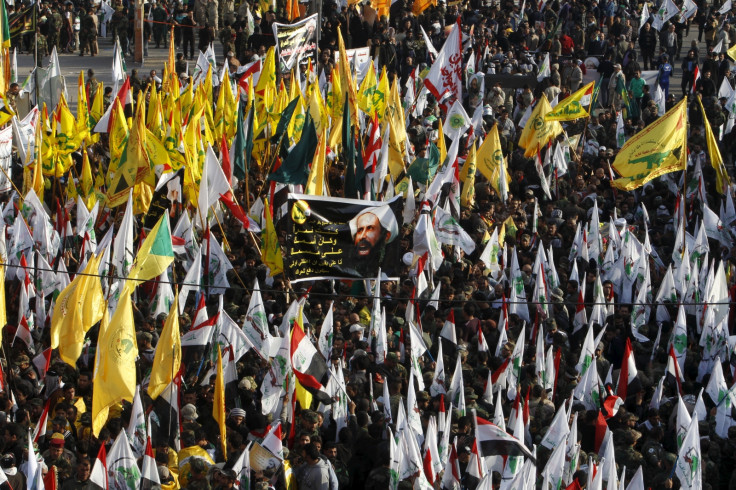Saudi Arabia executes 4 Shia Muslims for violent protests and terrorism
The prisoners were accused of 'announcing disloyalty to the country's supreme monarch'.
The ultraconservative Sunni kingdom of Saudi Arabia has executed four Shia Muslims for their participation in violent protests. All four of them faced charges of terrorism for attacking the country's police forces.
Riyadh's interior ministry said they were convicted for their role in violent demonstrations that took place in the eastern region of Qatif, where most of the kingdom's Shia population live. The area has been witnessing intense protests especially in the town of al-Awamiya over the demolition of historically important sites.
The Saudi Press Agency (SPA) said "each of the executed has committed a series of capital crimes" from staging violent protests to attacking police personnel to "announcing disloyalty to the country's supreme monarch". There was no mention of murder in the offences listed by the interior ministry.
Those punished were identified as Zaher Abdulraheem Hussein al-Basri, Yousef Ali Abdullah al-Mishaikhesh, Mahdi Mohammed Hasan al-Sayegh, and Amjad Naji Hasan Al Emaibed. They were among 20 people who are on death row in the eastern province.
In June, the Human Rights Watch [HRW] and Amnesty International issued a joint statement saying 14 prisoners are in danger of being executed by the Saudi kingdom without a fair trial offered to them.
"The rise in death sentences against Saudi Arabian Shia is alarming and suggests that the authorities are using the death penalty to settle scores and crush dissent under the guise of combating 'terrorism' and maintaining national security," said the HRW's Middle East director Sarah Leah Whitson.
Riyadh's mass death sentence in executing 47 Shia prisoners, including prominent Shia cleric Sheikh Nimr al-Nimr, triggered serious tensions in the entire Middle East in January 2016.

© Copyright IBTimes 2025. All rights reserved.






















